There are apps and trackers and less taboo, but so many of us still know shockingly little about the psychological and physiological changes that occur within each menstrual cycle.
Not to mention how vastly different this 28(ish) day cycle is for every uterus haver-er.
Instead of resisting the changes - the cravings, the cramps, the fatigue - harnessing these hormonal fluctuations could actually be really, really powerful.
Lucy Peach, author, folk singer and period preacher with a background in human biology and biomedicine, wants to shift the menstrual narrative from one of shame to one filled with pride. About bloody time. Reinventing the four common phases of a cycle to better explain what’s happening on the inside. Energetically.
1. The Menstrual Phase
Where your cycle begins. The lining of the uterus sheds and you experience bleeding for, on average, 3 to 7 days. Technically periods shouldn’t be a painful experience but it’s no secret they can be; majority of people left feeling achy, crampy and uncomfortable during this time.
Energy levels are likely to drop, as your body craves rest. So leisurely exercise is recommended: walking, yoga, stretching, pilates. Movement that’s going to relieve tension and stress, not put the body under even more pressure to perform.
The more you can surrender to that slowness and stillness that your body is craving, the more energy you actually have in store for the rest of the month.
Lucy likes to think of this as the DREAM phase. “When all your hormones have flatlined. The perfect time to rest, and restore, and nurture yourself for the month ahead. Ask yourself, what is it that I want to grow and give life to next?”
2. The Follicular Phase
Once your period ends the lining of the uterus starts to thicken again as oestrogen levels increase. Egg follicles start to develop (hence the name) in preparation for ovulation. And this is where you may feel a newfound sense of life! And lust! A great time for socialising might I add.
Alongside this boost in mood, your energy levels will be on the up too. You’re able to workout longer and harder without risking exhaustion. A chance to chase that PB and diversify your routine via: weights, HIIT, running, boxing, dancing.
According to Peach, this is where we DO. Lots. “This is your power week! Time to step up, things are moving faster for you (you’re compelled to organise, list, plan). Don’t be afraid to use it, go for it, get things done.”
3. The Ovulation Phase
This is the middle of the cycle. Roughly 14 days before your period appears again. Oestrogen and testosterone is peaking and you are going to feel so confident, playful, sensual, creative, motivated. If you’re looking for a chance to really push yourself, this is it.
Similar to the follicular phase energy is high. Keep doing what you were doing the week prior, and start to see that strength and fitness build.
More aptly named the GIVE phase, this is “where you say YES to everything. But, you want to be a little bit careful that you don’t give everything away, because if you skid into the next phase on empty it’s when you can feel a little bit prickly.”
4. The Luteal Phase
This is where our oestrogen levels plummet significantly, as you get ready to let go again (unless of course, your egg was fertilised during ovulation). So some of those premenstrual symptoms start to creep in: irritability, anxiety, insomnia, appetite changes, acne.
You may not have a lot of energy in this phase, but you don’t really want to sit around and do nothing all day either. So strip back the high intensity workouts and start weaving in some softer sessions to match your mood.
Lastly from Lucy, this is your turn to TAKE. “I guarantee you will feel a lot less prickly if you can take the time here to do something you love. (This is where I write my music.) Something that makes you feel the most like you.”
So, now I’ve armed you with the knowledge, give yourself a break on the days you are less inclined to kick goals at the gym/work/relationships/life. We can’t be ‘on’ all the time. And the rollercoaster of hormones is scientific proof of that.
Note! If you are using any form of hormonal contraception that prevents ovulation, then you are not moving through these four phases. Your natural cycle is suppressed, and generally speaking, the added oestrogen and progesterone (of say, the pill) is preventing ovulation from occurring.
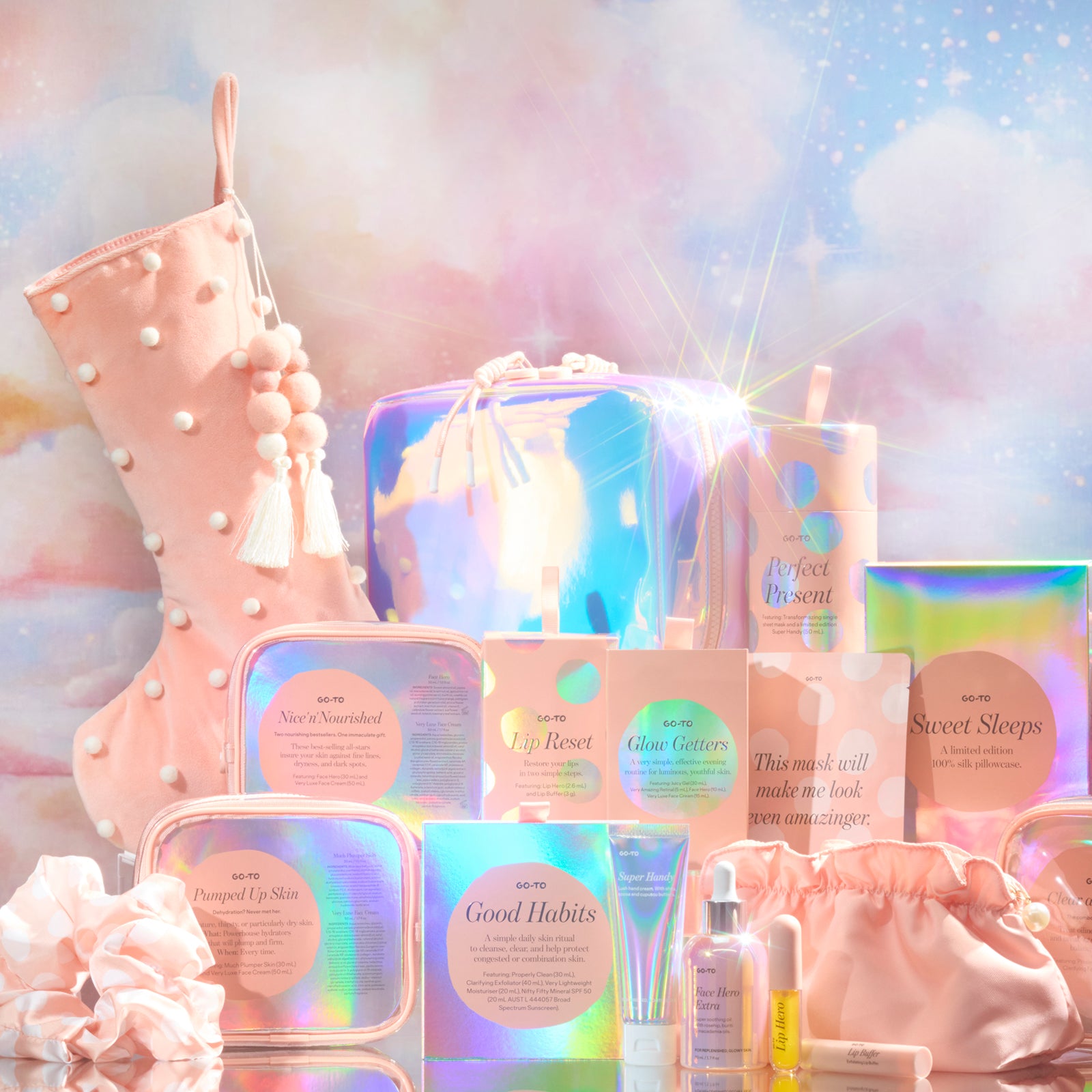


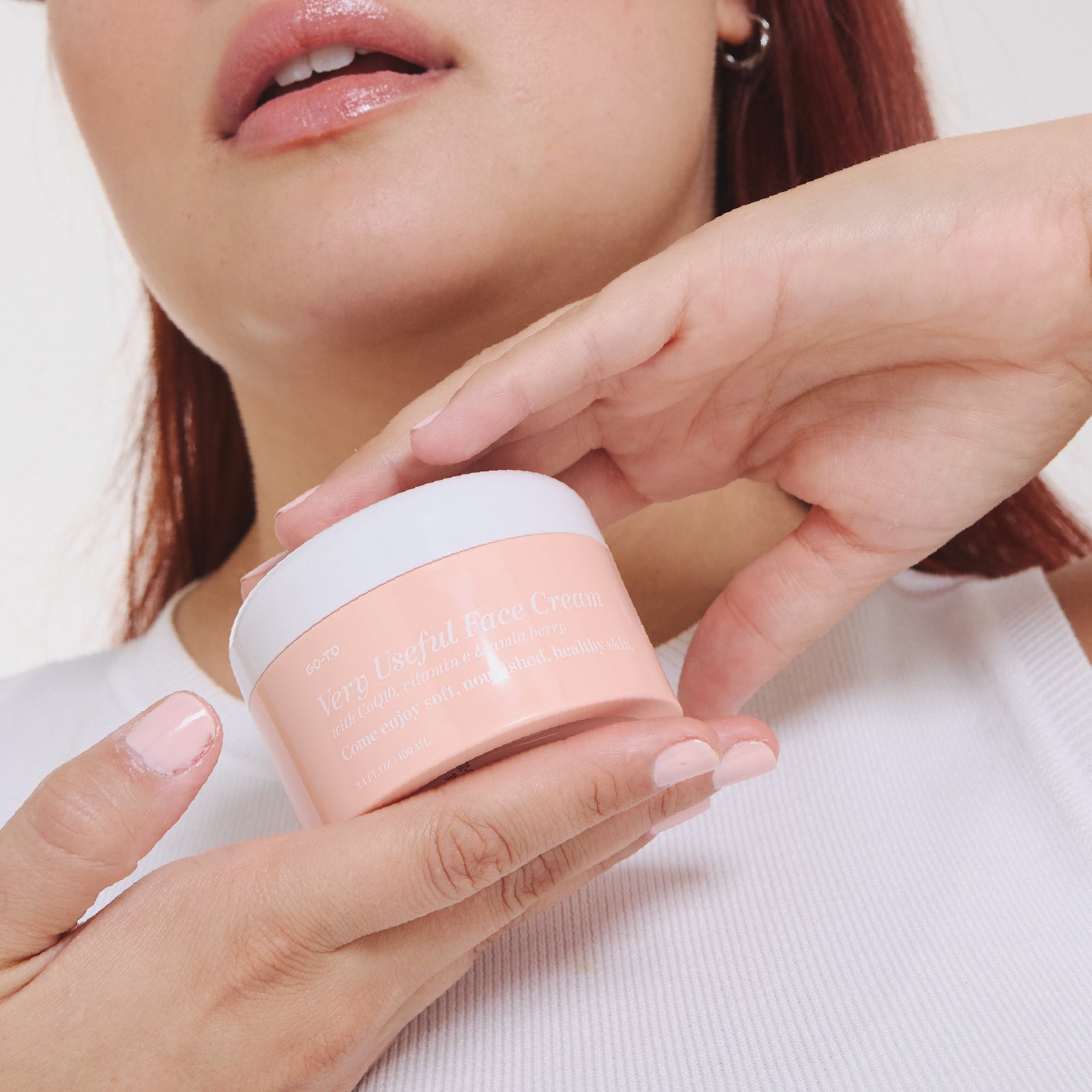


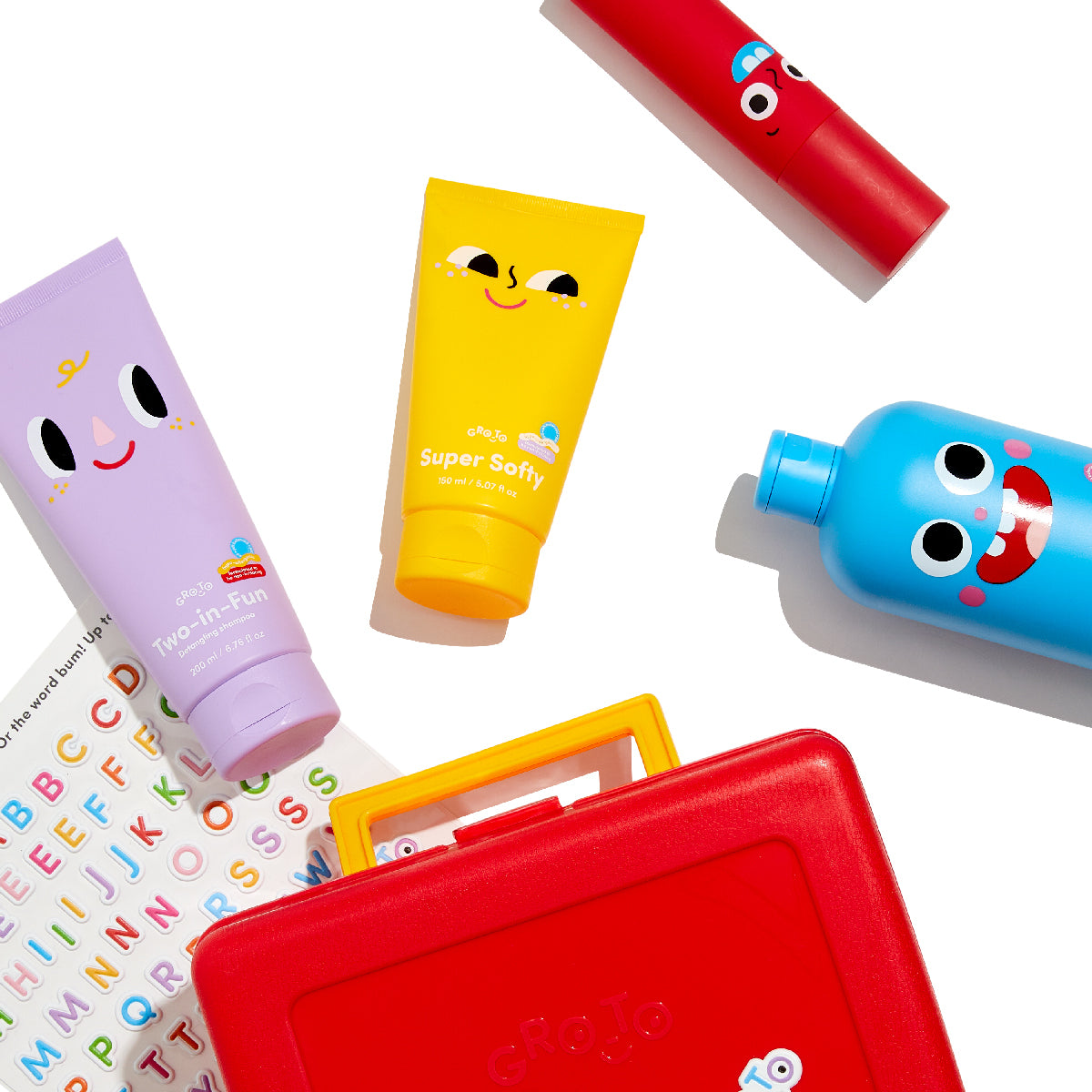
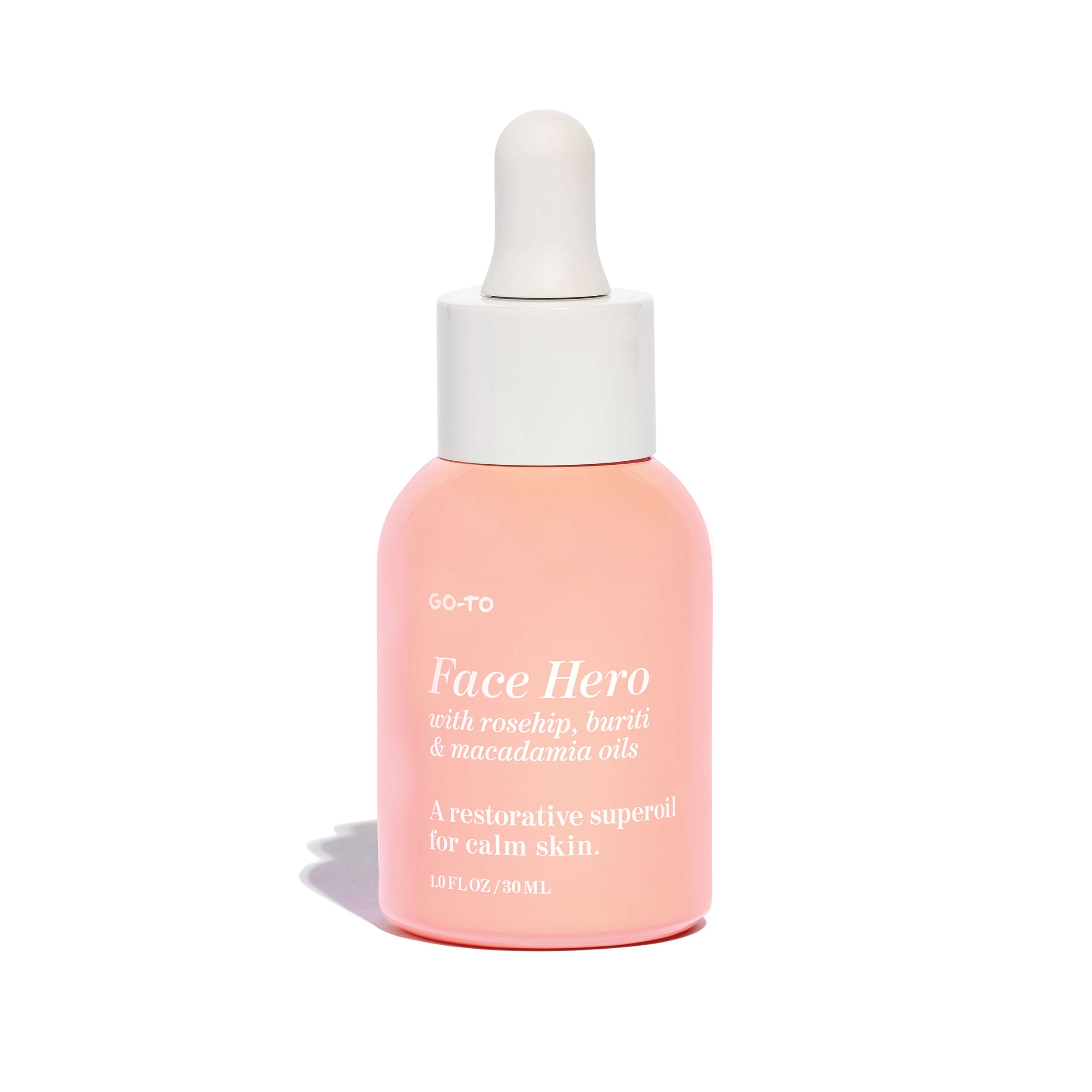
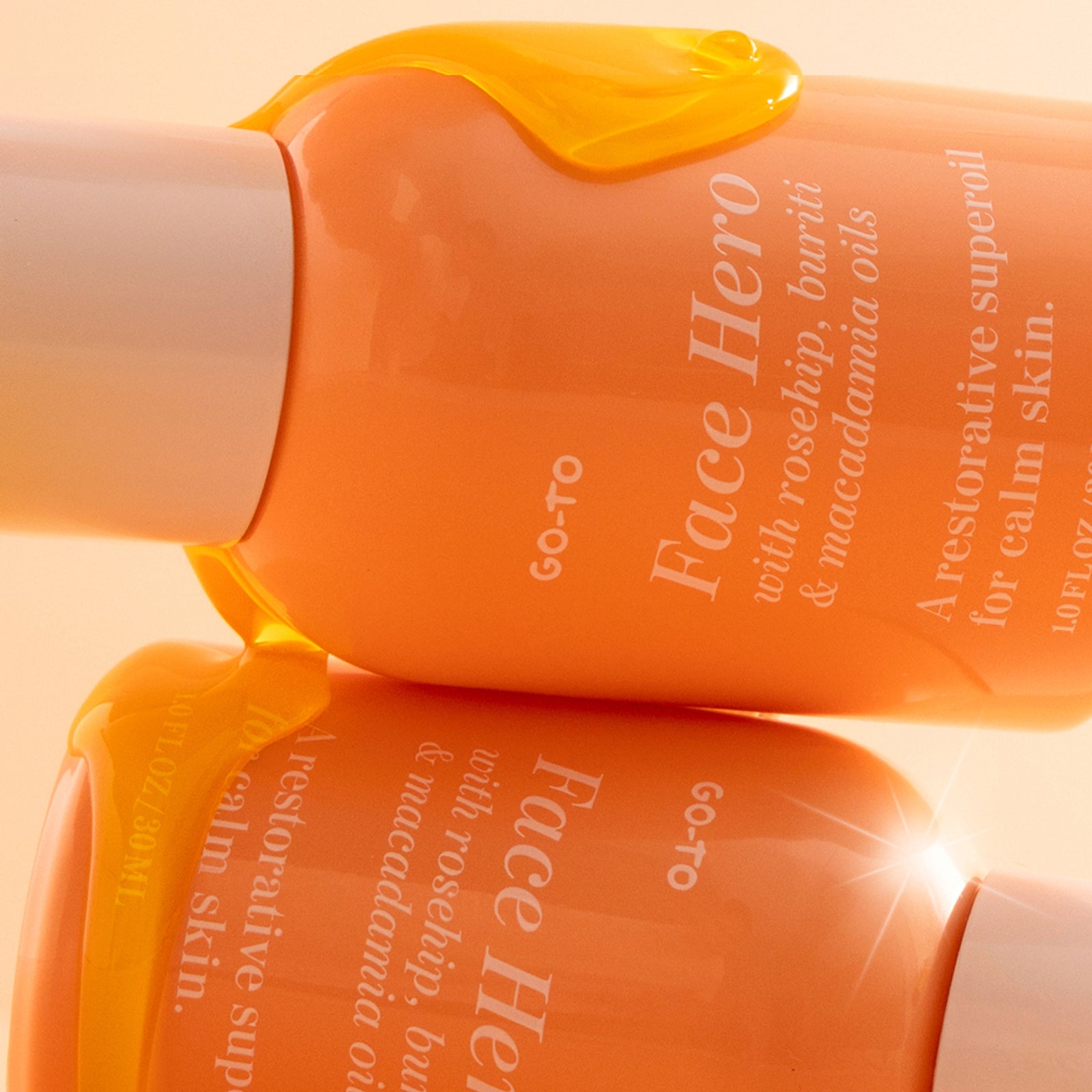
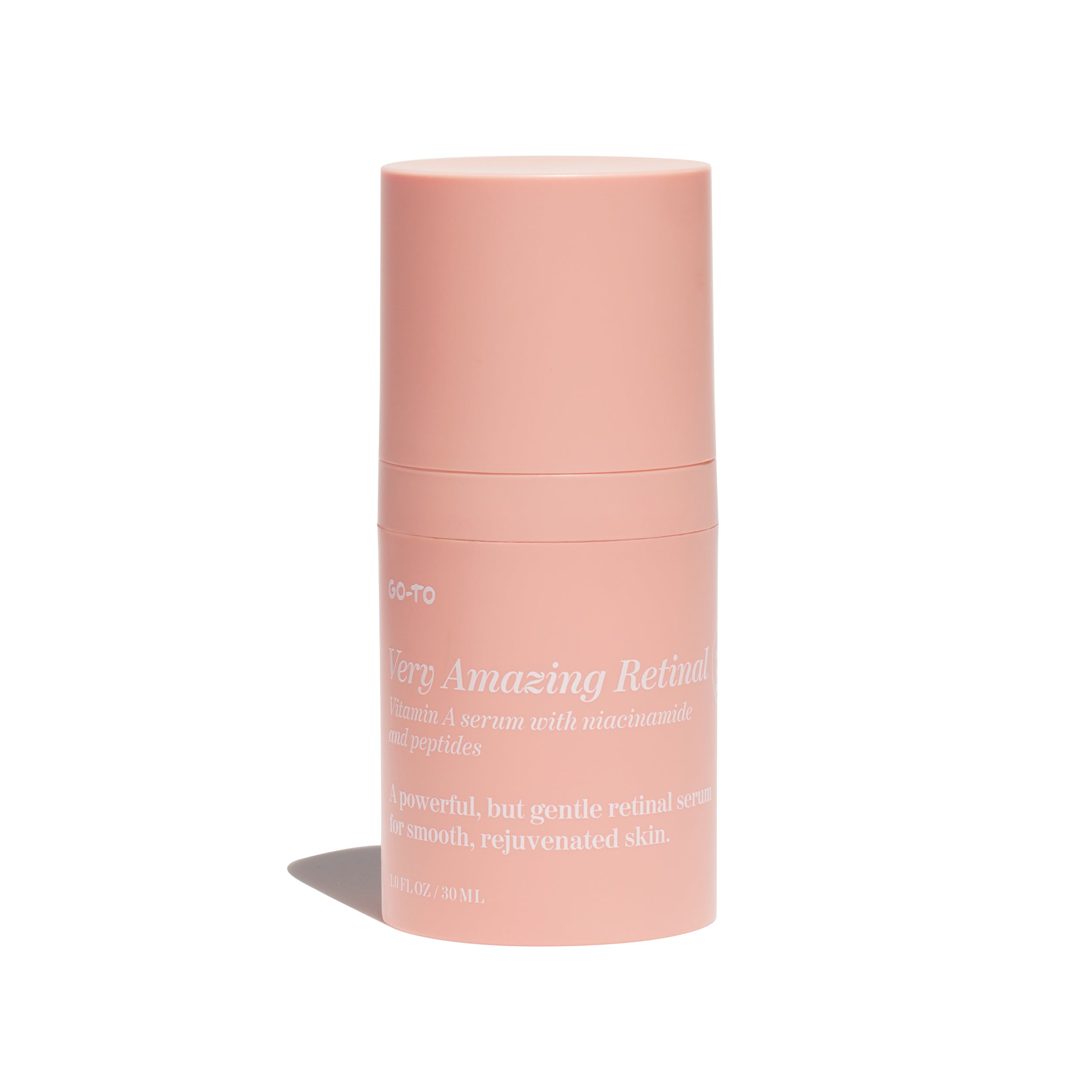
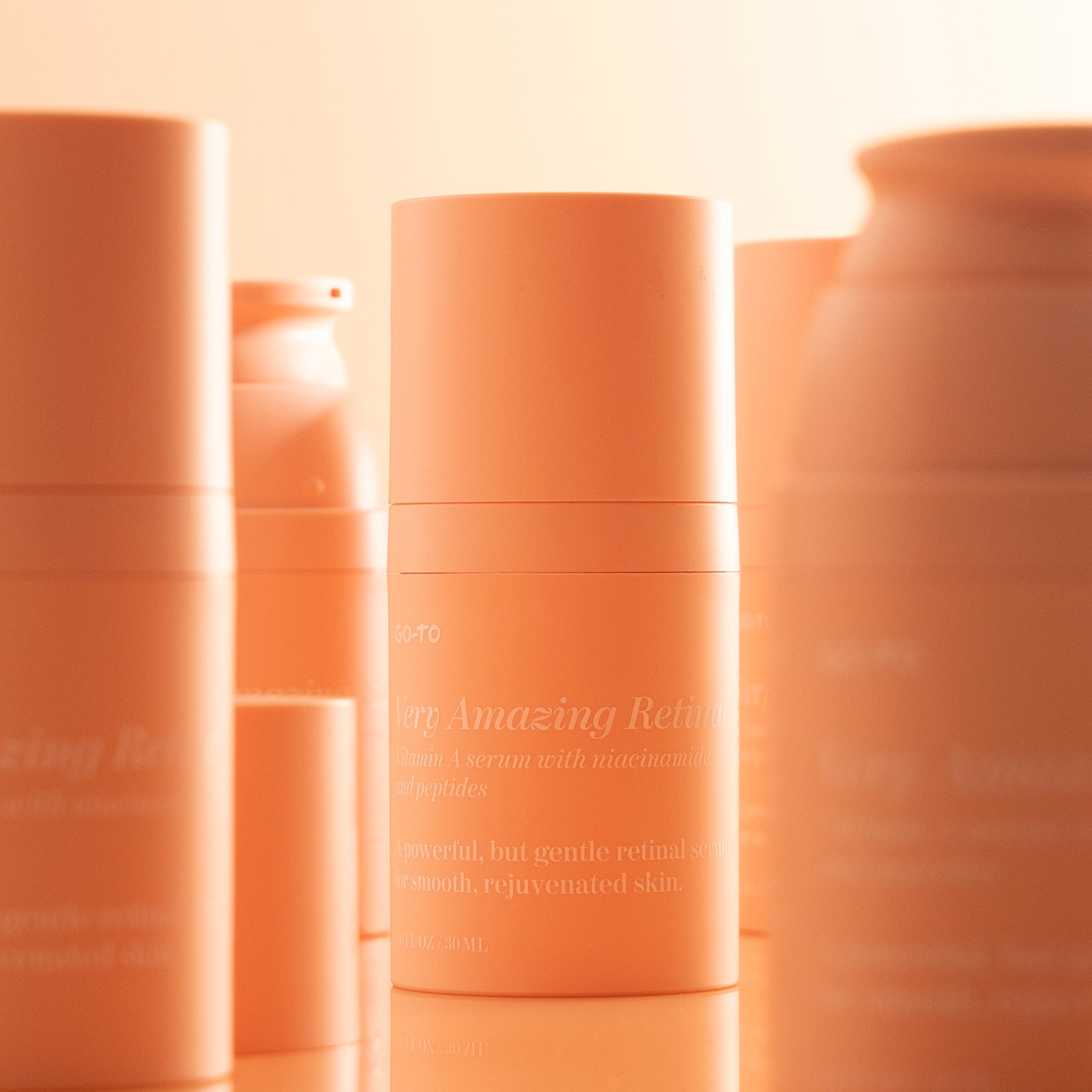
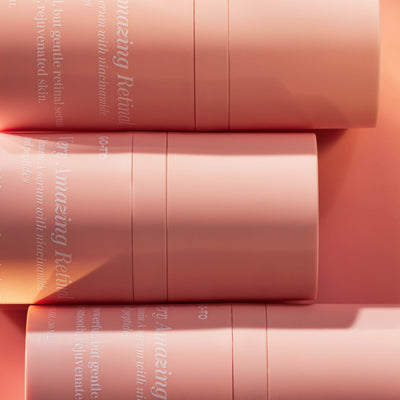
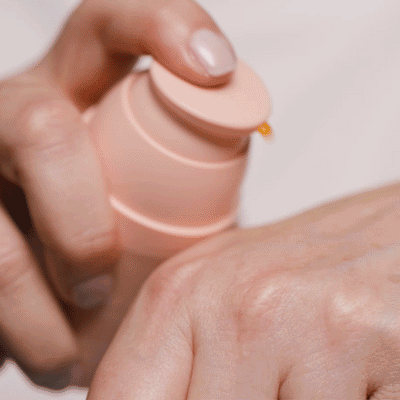


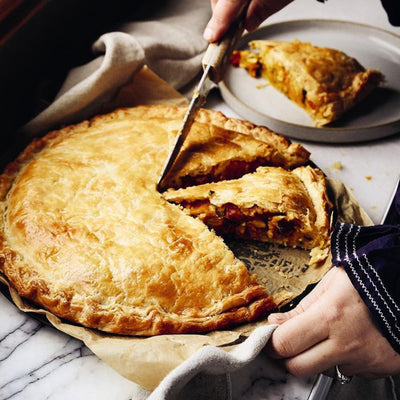
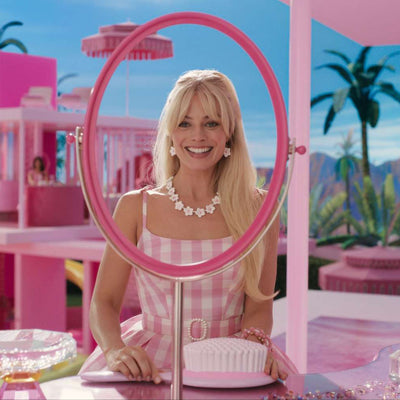
Comments